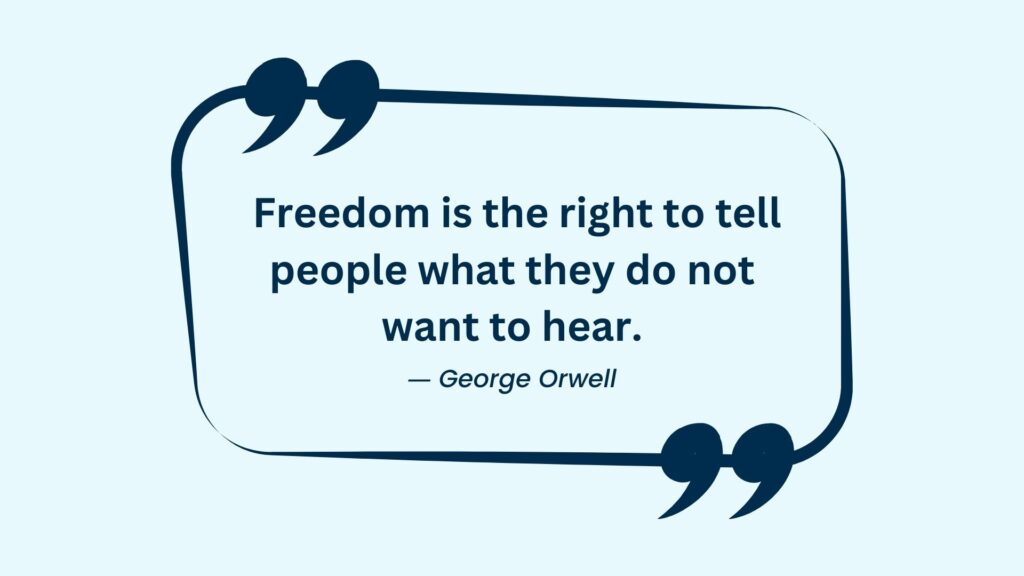Table of Contents
- 1 Question 1: What kind of feeling did you hate during school in terms of academics?
- 2 Question 2: Do you feel like you work better in a challenge?
- 3 Question 3: This is an easy one. What do you like studying?
- 4 Question 4: How does your brain work? How do you study?
- 5 Question 5: What is your teacher’s feedback?
- 6 Question 6: Enough of the chit-chat. Now, how exactly do you pick the subjects?
- 7 Question 7: What do you want to do after DP?
- 8 Frequently Asked Questions (FAQs)
- 8.1 Q1: How many subjects should I choose for the IB program?
- 8.2 Q2: Should I choose subjects that I’m already good at or subjects that I’m interested in?
- 8.3 Q3: Can I change my IB subjects after I start the program?
- 8.4 Q4: Should I choose all science or all humanities subjects for the IB program?
- 8.5 Q5: How can I ensure that I choose the right IB subjects for me?
IB is an examination board that stands for International Baccalaureate. If you’re reading this blog, that means you have made the big decision about wishing to pursue IB for your Grade 11 and 12. The most common question that EVERY student comes across is: “How do I choose my IB subjects?” This is a million dollar question in the beginning because this is what narrows down the degree majors you would be more likely to choose for university. Read further to understand how to choose your IB subjects by answering these 6 questions. Keep in mind that these questions are only to nudge you in the right direction.
Question 1: What kind of feeling did you hate during school in terms of academics?
This question is quite straight-forward. Reminisce about your times from middle school and recall the subjects you dreaded back then. There must be a lecture you didn’t enjoy attending or a class you didn’t look forward to. For most people, this class is Math. However, you would not want to make the mistake of leaving out Math because it is required for a lot of degrees. Therefore, you have to push through. Other non-mandatory subjects that you may have dreaded, perhaps, Physics – you can leave this one out or maybe take it up as a Standard Level subject. You can trust me on this one; specializing in a subject that you hate will be the last thing you should have to do. But make sure you know why you hate the subject – is it the teacher or the subject itself?
Question 2: Do you feel like you work better in a challenge?
Some students like to take up the subject because they feel a sense of relief when they solve a problem or answer the question right. When you wrap your head around the very mathematical concepts you may have found hard earlier, that sense of “cracking the code” would be rewarding to a few people. Who doesn’t love a challenge, right? When you look at it from a different perspective, the subject becomes a challenge for you. It is always better to take these subjects in the Higher Level because you would push yourself no matter what.
Question 3: This is an easy one. What do you like studying?
As direct as this question is, what is it that you enjoy studying? Every student has at least one subject that they like and look forward to on a normal, boring school day. There’s maybe one subject that you would not mind reading further about and expanding your knowledge on a specific topic under that subject. If you happen to identify this subject, you will be able to narrow down on your HL’s rather easily.
For instance, if you take up Physics, a common subject that compliments the subject is either Chemistry or Math. Or if you like Economics, you can take up Business Management also in HL to complement the other HL subject. Likewise, for Visual Arts, you can choose to take Design Technology as another HL. However, some schools may not provide certain IB subjects, so I would advise you to choose from the list that they have and not beforehand from the entire subject list given by the IB.
Keep in mind that this favorite subject could also be the subject you choose for your Extended Essay (EE). For an EE, you would need to intensely research in-depth to understand the technical concepts for your calculations and experimentations. This is also an opportunity for you to research something that would be beneficial for your university. For instance, if you wish to pursue architecture, the Physics EE could be based on something around that field.
Question 4: How does your brain work? How do you study?
What I mean by this question is that is your brain more inclined to favoring theoretical reason or logical thinking? Meaning, do you prefer understanding and memorizing concepts or would you like to logically reason the gist of it? Some subjects work only in specific ways – some require you to memorize a few things and some may not. So this could possibly be another deciding factor. An easy differentiation would be choosing History for favoring the memorization of the concepts versus choosing Physics for favoring the logical understanding through practical application of certain concepts.

Question 5: What is your teacher’s feedback?
Although choosing your subjects is entirely your choice, it would not hurt to get a second opinion, don’t you think? Ask your teacher what they think about your subject combination. Your teachers know you more than you think given that they’ve taught you over the years. Your teacher will be able to aid you in making the decision of which IB subjects are best for you. If there’s no “teacher”, per se, sit down with someone who is aware of your academic strengths and weaknesses. This will put you on track to finding the right choice of IB subjects.
Also Read – A Brief Intro to International Baccalaureate (IB)
Question 6: Enough of the chit-chat. Now, how exactly do you pick the subjects?
Some common advice would be: “go with your gut”, “do what your gut says” or “choose the subjects you like to study”. But sadly, that is not how it works most of the time. Students begin to resent their subjects once they start studying the subjects they supposedly liked at one point. In reality, you would like the sound of the subject, but you wouldn’t really know how the subject would turn out once you start studying it. It may not be what you expected at all.
Question 7: What do you want to do after DP?
Another major aspect to consider is the career you want to pursue for your undergraduate course. Some courses require specific subject choices. Therefore, it is vital to understand the requirements of your dream school so you don’t face trouble after. For instance, if you want to pursue mechanical engineering, universities like MIT specifically ask for the IB students to have taken up Math AA HL. Obviously, no one would expect you to have a clear cut idea from Grade 11, however, it is better to have some thought about your bachelors so you follow the right path.
The right formula to choose an IB subject would be a subtle combination of a subject that piques your interest but also challenges you equally. An ideal subject would be something you have fairly good knowledge about and would want to learn a lot more about. If the subject is not tough enough, there are high chances you would procrastinate and not end up studying because of how easy you think it may be in the examinations.
There you go! Answer these 6 questions and you should be able to think a lot more clearly. However, apart from picking these subjects you will also need to do an Extended Essay, Theory of Knowledge and your CAS. TYCHR’s is here and available to help you with this and guide you a lot more. Good luck in choosing your subjects!
Frequently Asked Questions (FAQs)
Q1: How many subjects should I choose for the IB program?
A: Students must choose six subjects for the IB program, three at the higher level (HL) and three at the standard level (SL).
Q2: Should I choose subjects that I’m already good at or subjects that I’m interested in?
A: It is generally recommended that students choose subjects that they are both interested in and good at. However, it is also important to consider your future career goals and the requirements of the universities you plan to apply to.
Q3: Can I change my IB subjects after I start the program?
A: It is possible to change your IB subjects after you start the program, but it may depend on the policies of your school and the availability of resources. It is best to discuss any changes with your IB coordinator or school counselor.
Q4: Should I choose all science or all humanities subjects for the IB program?
A: It is recommended that students choose a mix of science, humanities, and language subjects for the IB program. This helps to develop a well-rounded education and prepares students for a variety of future academic and career paths.
Q5: How can I ensure that I choose the right IB subjects for me?
A: To ensure that you choose the right IB subjects for you, it is important to do your research and seek guidance from your school counselor, teachers, and other trusted adults. You should also consider your strengths, interests, and future career goals when making your decision. Finally, remember that the IB program is designed to challenge you and help you grow, so don’t be afraid to step out of your comfort zone and try new subjects.







